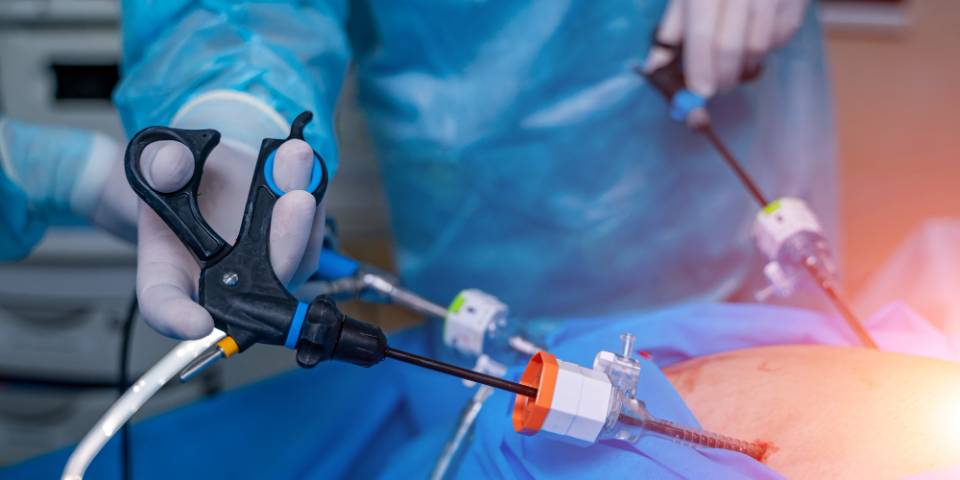Laparoscopic surgery, also known as minimally invasive surgery, has become a game-changer in the realm of gastrointestinal (GI) cancer treatment. Dr. Bhushan Chittawadagi, a renowned laparoscopic surgeon in Bangalore with over 18 years of experience, is at the forefront of this revolutionary approach to cancer care. In this blog, we’ll delve into the pivotal role that laparoscopic surgery plays in treating various GI cancers and how it is transforming the lives of patients facing these challenging diagnoses.
Gastrointestinal cancers, which encompass a wide range of malignancies affecting the digestive system, can be incredibly complex and challenging to treat. These cancers can involve the esophagus, stomach, liver, pancreas, colon, rectum, and more. Traditionally, surgery for GI cancers often required open procedures, which entail large incisions and longer recovery times. However, with the advent of laparoscopic surgery, patients now have access to less invasive treatment options that offer numerous advantages.
Laparoscopic surgery involves using small incisions and specialized instruments to access and remove cancerous tissue. A tiny camera, known as a laparoscope, is inserted through one of the incisions, providing the surgeon with a high-definition view of the surgical area. This minimally invasive approach offers several key benefits:
- Smaller Incisions and Less Scarring: One of the most apparent advantages of laparoscopic surgery is the smaller incisions. Traditional open surgeries require a large incision, resulting in more significant scarring. In contrast, laparoscopic surgery leaves only small scars, minimizing the aesthetic impact on patients.
- Faster Recovery: Due to the reduced trauma to the body, patients who undergo laparoscopic surgery typically experience faster recovery times. They often spend less time in the hospital and can return to their regular activities more quickly.
- Less Pain: Smaller incisions and reduced tissue manipulation result in less postoperative pain. Patients generally require less pain medication and experience a more comfortable recovery.
- Lower Risk of Complications: Laparoscopic surgery is associated with a lower risk of complications such as infections and wound issues, contributing to improved patient outcomes.
Dr. Bhushan Chittawadagi, with his extensive experience in laparoscopic GI cancer surgery, offers these benefits to his patients. He specializes in treating both cancerous and non-cancerous disorders of the esophagus and stomach, such as GERD, Barrett’s esophagus, achalasia, and hiatal hernias. In cases of GI cancers like squamous cell carcinoma, adenocarcinoma, GIST, and neuroendocrine carcinoma, Dr. Bhushan’s expertise in laparoscopic surgery is invaluable. His use of new technologies, including robotic surgery, enhances patient outcomes, ensuring that they can enjoy a better quality of life after treatment.
Moreover, laparoscopic surgery has an increasingly vital role in liver and pancreatic cancer treatment. These cancers are known for their complexity and the potential need for extensive surgical interventions. Laparoscopic techniques, in the hands of an expert like Dr. Bhushan, enable a more precise and minimally invasive approach to addressing these challenging malignancies. This leads to reduced postoperative complications, shorter hospital stays, and a faster return to a normal lifestyle.
In conclusion, laparoscopic surgery, in the capable hands of Dr. Bhushan Chittawadagi, is transforming the landscape of GI cancer treatment. It offers patients an opportunity for less invasive procedures, quicker recoveries, and improved overall outcomes. If you or a loved one is facing a GI cancer diagnosis, consider the advantages of laparoscopic surgery and consult with a specialist like Dr. Bhushan to explore the best treatment options for your specific condition.

